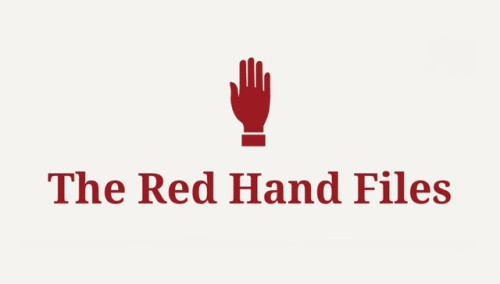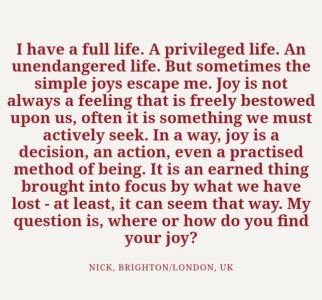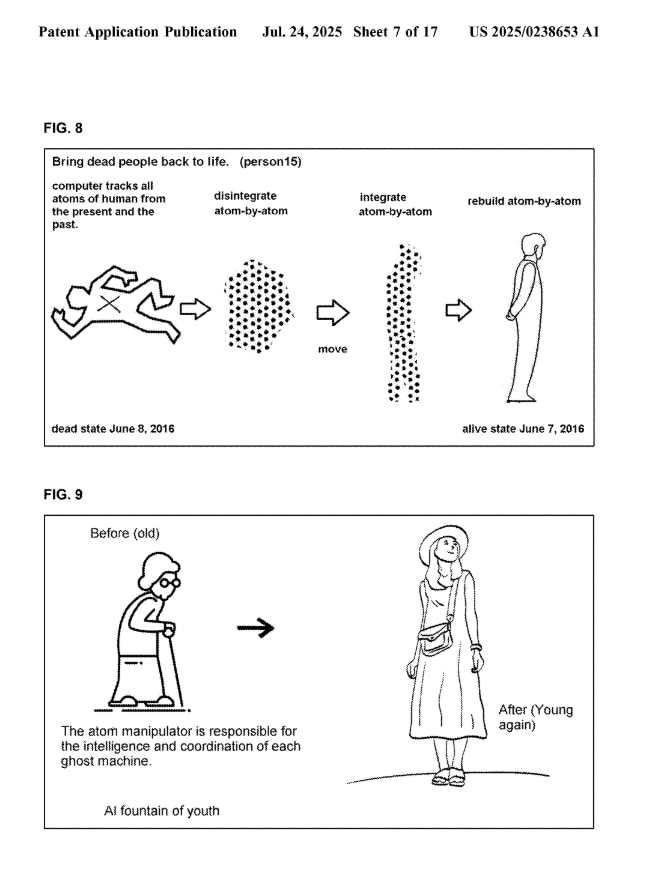
De ayatollahs hebben hun quotum om afvalligen vroegtijdig heen te zenden naar het hiernamaals verhoogd van bijna duizend per jaar naar honderden per maand. Althans, dat is het deel waar we zicht op hebben. De helft van de Iraanse bevolking had in 2020 de Islam al verlaten, 70% is tegen religieuze wetten, inclusief de hoofddoek.
De sciencefiction boekenreeks Dune van Frank Herbert beschrijft een nieuwe manier van conflicten uitvechten. Eentje waarbij niet de werkende klasse via loopgraven de dood wordt ingejaagd, maar eentje waarbij keizers, koningen en prinsen zelf als gladiatoren de ring in gaan. Dat is geniaal voor de gezondheid van Jan Soldaat.
We hebben een wereldorde waarin dictators generaties lang blijven zitten terwijl ze hun eigen volk uitmoorden. Die landen worden langzaam steeds militanter en vormen een bedreiging voor zichzelf en hun buren. Er wordt diplomatiek stevig geprutteld, wat helaas niet het verschil maakt. Dure diplomaten vinden praten altijd beter dan vechten.
Die passiviteit geeft risico’s, het Sjiitische dictatoriale Iran heeft 400 kg 60% verrijkt uranium gemaakt, genoeg voor dertien kernwapens en ze hebben de zware raketten om die bij Soennitische tegenstanders en Israël af te leveren. Het Iraanse verzet verraadde in 2002 ondergrondse kernwapenfabrieken, de VS startte direct aan de bunker buster.
Eerst kwam Kim Il Sung, daarna Kim Jong Il en nu Kim Jong Un. Noord-Korea heeft arme burgers die gehersenspoeld zijn in een info-bubbel en daardoor gemakkelijk zonder training in Oekraïne sneuvelen. Zonder vrije informatie veranderen normale burgers in een zombieleger. Drie generaties Kim zijn geëindigd in zes kernwapentesten.
Nadat Chemical Ali in Irak de Koerdische bevolking uitmoordde in 1988 met chemische massavernietigingswapens en Saddam in 1990 Koeweit binnenviel volgde de eerste Golfoorlog, Toen Saddam niet meer onbeperkte en onaangekondigde inspecties toeliet, volgde de tweede Golfoorlog. De lachende derde was Iran, die werd verlost van Saddam.
Na de aanslagen op 11 september volgde een reeks oorlogen in Irak en Afghanistan die bijna een half miljoen burgers, duizenden militairen en acht biljoen kostte. Abstracte getallen die we ook kennen uit de Vietnam en Korea oorlogen. De defensie-uitgaven van de VS sinds de Tweede Wereldoorlog toucheren hun complete staatsschuld.
De oorlog tegen drugs is verloren, de kartels hebben legers, de VS heeft negen miljoen opiumgebruikers, waarvan er in een kwart eeuw ruim een miljoen stierven aan een overdosis. Het doet denken aan de crackepidemie in New York. Gezinnen, wijken, steden en winkelcentra raken weer ontwricht door verslaafde zombies.
Poetin kreeg in 1999 de macht, moordde prominente politieke tegenstanders uit, mensen vielen uit ramen en hij viel meerdere landen binnen. Deze dictator is miljonair en behoort daarmee tot een gezelschap dictators die meer dan een miljoen onderdanen de dood in heeft gejaagd om aan de macht te blijven en die macht uit te breiden.
Poetin wil de geschiedenis in als de nieuwe keizer van Rusland, zoals hij zelf in een essay etaleerde. Het grootste land ter wereld werd een paar procent groter, maar liep door oorlogen en sancties vijftien jaar lang economische groei mis. De gewone Rus had een twee keer zo groot inkomen gehad als er geen nutteloze oorlogen waren gestart.
Xi trok eerst de wereldwijde maakindustrie naar zich toe voor eigen economische voorspoed, maar daarmee werd de rest van de wereld afhankelijk en chantabel. China heeft daardoor de strategische kracht om een nieuwe wereldorde uit te rollen. Althans, dat zei Xi. Made only in China is een bom onder onze economie, zorg en defensie.
Het wordt tijd dictators en regimes die meer dan tien jaar geen vrije verkiezingen hebben gehouden, niet meer in het internationale diplomatieke en economische verkeer te erkennen. Zet de vluchtelingen uit die landen maar in hun consulaten, ambassades en het VN-gebouw. Dan is er meer volk vertegenwoordigd dan alleen de dictatoriale elite.
Het VN-gebouw is een plek waar alle mogelijke hoofdverdachten van de komende Derde Wereldoorlog vetorecht hebben. Aan een ronde tafel houden ze theatrale toespraakjes, maar we zien geen oplossingen voor militaire operaties, maffia, migratie of milieu. De laatste keer dat een setje maffiabazen in New York gingen dineren gaf minder rommel.
Waarom een landoorlog voeren als je ook hun staatshoofd kunt berechten?













 cc: movie still Peaky Blinders
cc: movie still Peaky Blinders


